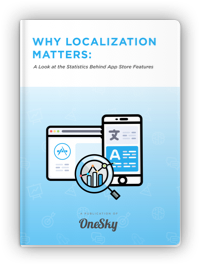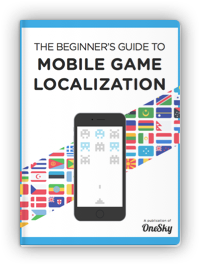Agentic AI Trend 2025: Transforming Decision-Making and Data Management
As generative AI and artificial general intelligence have captured our attention, a compelling new concept is emerging: agentic AI. This refers to intelligent systems, or “agents,” that not only generate content but can autonomously reason, adapt, and take action in real time.
A recent Deloitte report predicts that 25% of companies using generative AI will initiate pilot programs for agentic AI in 2025, with that number potentially skyrocketing to 50% by 2027.
Key Drivers of the Agentic AI Trend
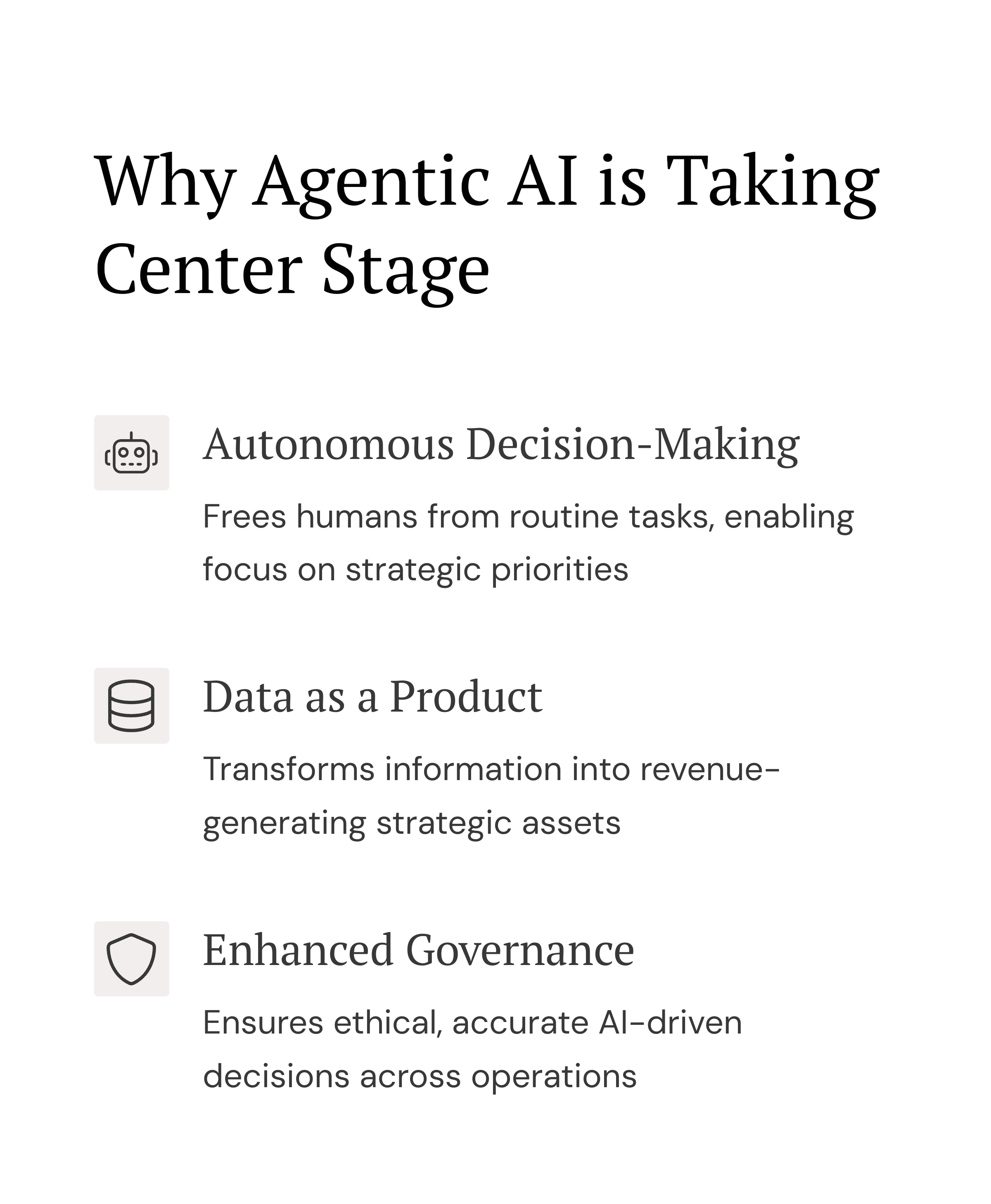
The integration of agentic AI into business practices is being fueled by several key factors:
1. Autonomous Decision-Making
Agentic AI empowers machines to handle complex decision-making, allowing organizations to shift focus from mundane tasks to imaginative and strategic endeavors.
This autonomy enables quicker, more agile responses to market changes and customer needs, enhancing resilience in competitive landscapes.
2. Data as a Valuable Asset
Organizations are increasingly viewing data not just as information but as a vital asset essential for growth.
This shift encourages innovative approaches to harnessing and operationalizing data, fueling competitive strategies and revenue generation.
When treated as a product, data insights derived from agentic AI can spark proactive decision-making and drive business success.
3. Enhanced Data Governance
As reliance on analytics grows, maintaining data quality and ethical practices becomes imperative.
Companies recognize the importance of robust governance frameworks that ensure responsible AI use.
This oversight is crucial for mitigating risks related to data privacy and operational biases.
The evolution toward agentic AI represents a significant leap in how we interact with technology.
While traditional models focused on generating predictions and content, we are now approaching a world where advanced AI agents can execute intricate tasks and make informed decisions independently.
This monumental shift not only promises to redefine industries but also enhances how we engage with data and technology in the workplace.

Why 2025 is the Year of Agentic AI
As we move into 2025, the landscape of artificial intelligence is primed for transformation, with agentic AI leading the charge.
Generative AI models, such as GPT-4 and Claude Sonnet 3.5, have revolutionized our engagement with data by enhancing content creation and streamlining customer interactions.
However, these generative models come with notable limitations—they lack the ability to adapt to unique business data or insights specific to a company’s operational context.
That’s where agentic AI comes into play.
Agentic AI operates with genuine autonomy, enabling it to learn, reason, and make real-time decisions based on relevant data inputs.
This capability marks a fundamental shift, positioning agentic AI as an indispensable asset in modern decision-making processes.
By facilitating quicker, data-informed decisions, organizations can navigate complexities with agility.
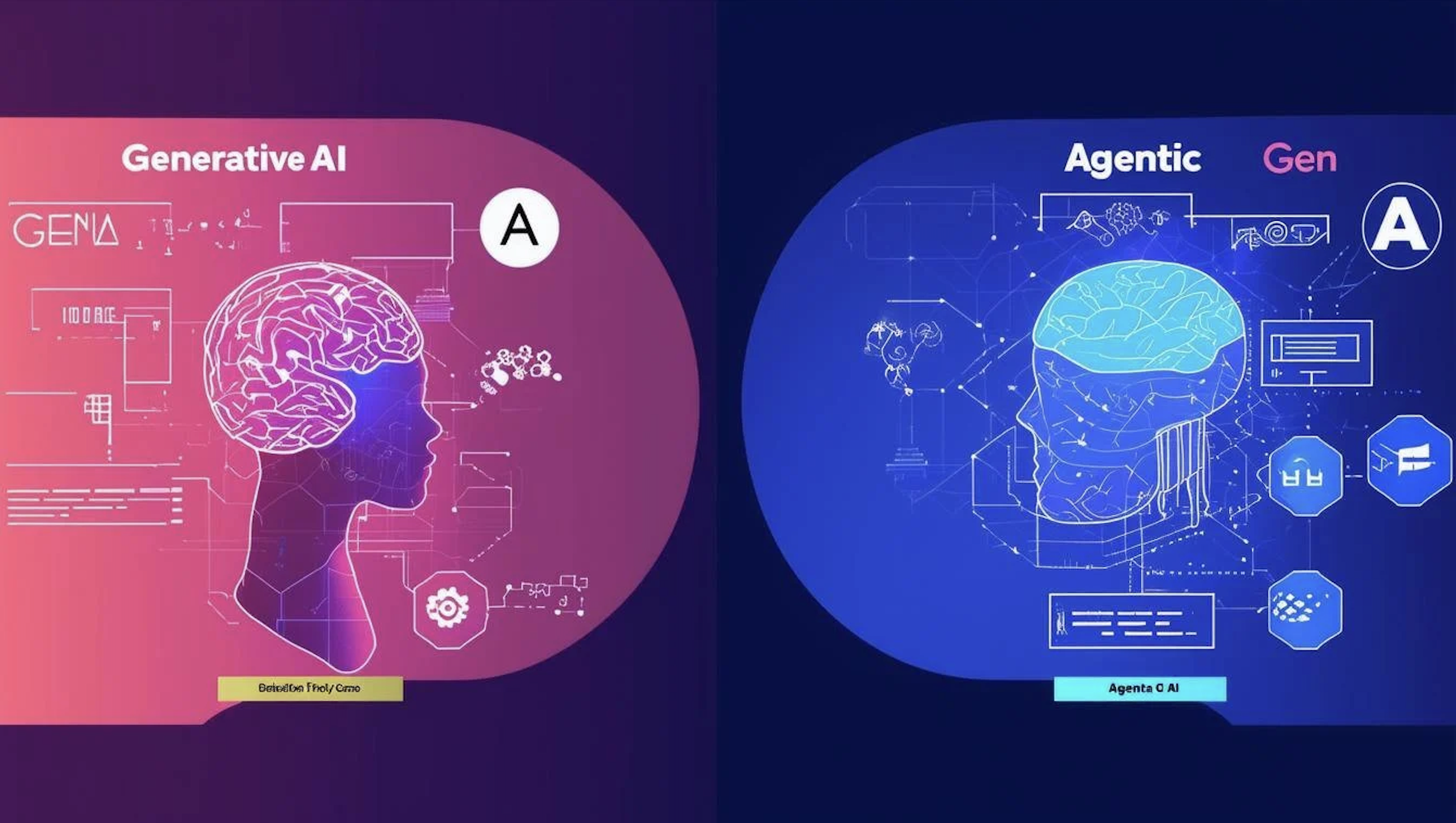
Understanding the Divergence: Generative AI vs. Agentic AI Trends
As we explore the dynamic landscape of artificial intelligence, it’s crucial to understand the distinct roles of generative AI and agentic AI.
Each branch offers unique capabilities that affect how businesses engage with technology and harness data.
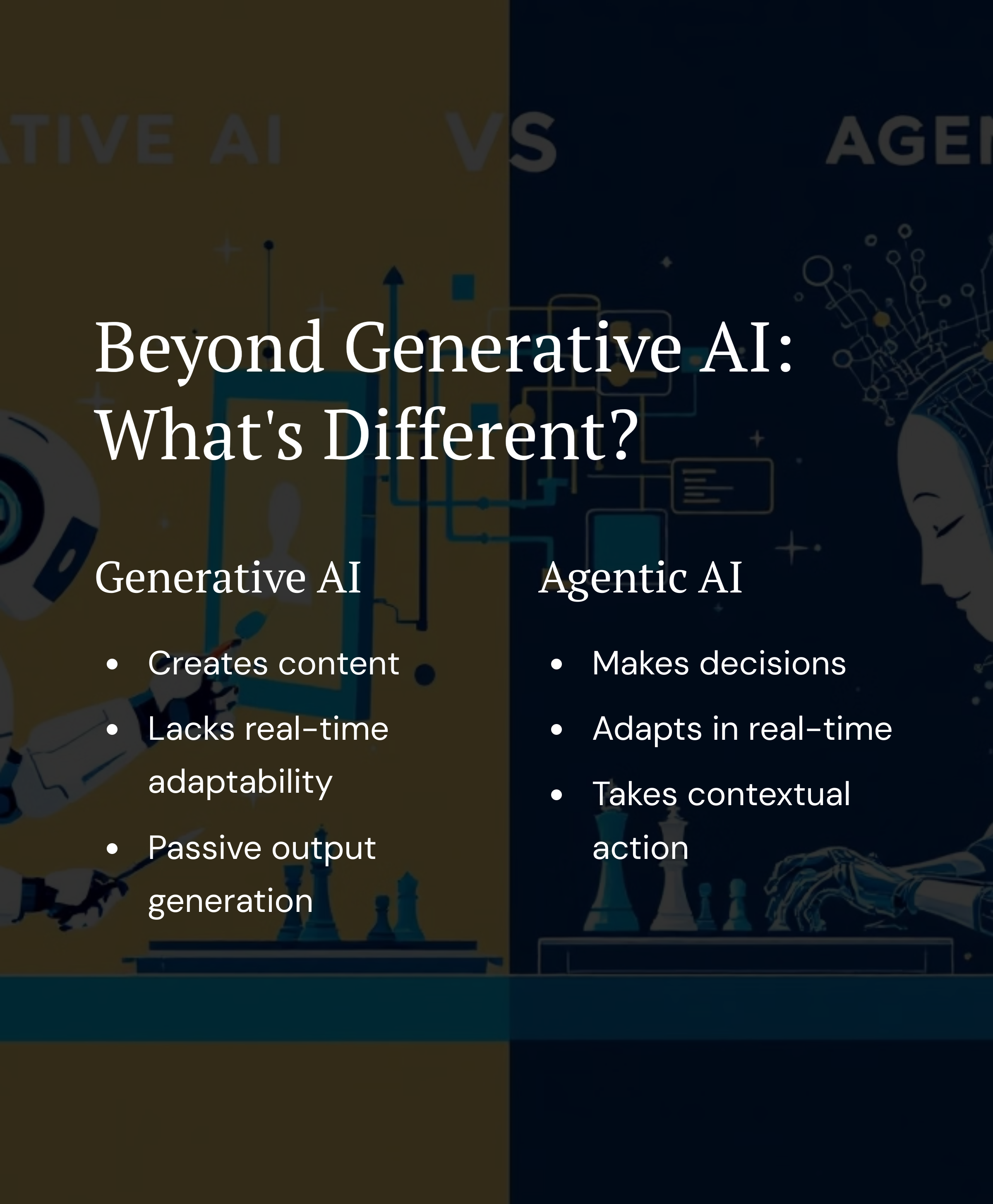
Generative AI: Crafting Content and Personal Experiences
Generative AI shines in the realm of creation, producing new content and personalizing experiences tailored to user preferences.
Key trends shaping its impact include:
- Augmented User Experiences: Generative AI enhances user interactions across platforms, delivering intelligent features that adapt to individual preferences and fostering deeper customer loyalty.
- Synthetic Data for Training: As companies face challenges in accessing real-world data, the use of synthetic data is on the rise, helping to train AI models efficiently across sectors such as robotics and finance through simulated scenarios.
- Personalized Marketing: By analyzing user behavior, generative AI crafts customized marketing materials that resonate with specific customer profiles, improving engagement and conversion rates.
- Ethical Considerations with Deepfake Technology: The ability to generate hyper-realistic images and videos also raises ethical questions about misinformation. This underscores the importance of responsible use and oversight in deploying generative AI technologies.
Agentic AI: Enabling Autonomy and Intelligent Decision-Making
In contrast, agentic AI focuses on automating decision-making processes, providing organizations with the autonomy to act independently from constant human input.
Here’s how it’s revolutionizing industries:
- Real-Time Insights in Finance: Agentic AI transforms trading strategies by autonomously analyzing market data and executing trades. This capability minimizes risk and enables firms to make informed decisions swiftly, keeping them competitive.
- Operational Efficiency in Logistics: The logistics sector thrives on agentic AI, which predicts demand, manages inventory, and automates supply chains. For instance, AI dynamically adjusts delivery routes based on real-time conditions, ensuring timely service and enhancing customer satisfaction.
- Smart Urban Planning: Agentic AI is reshaping city planning by analyzing diverse datasets like traffic patterns and sensor data. This helps urban planners make informed decisions to improve infrastructure and reduce congestion.
- Empowering Human Resources: In the HR realm, agentic AI excels by automating repetitive tasks and providing personalized support. This enables HR professionals to shift their focus to strategic initiatives that drive organizational growth.
Technological Breakthroughs
Advancements in AI Models: The transition from predictive and generative AI to agentic AI represents a significant leap, allowing systems to analyze vast datasets and autonomously execute tasks.
This evolution bridges the gap between AI’s theoretical potential and practical business applications.
Enhanced Memory and Context: Improvements in memory architectures allow agentic AI to retain pertinent information longer, enabling the management of complex, evolving tasks effectively.
Integration and Tool Use: Agentic AI can now interact seamlessly with external data sources and APIs, moving beyond simple data processing.
This capability enables AI agents to take strategic actions for businesses, automating essential operations such as negotiations and compliance assessments.
Market and Business Demand
The demand for intelligent automation solutions is surging as companies realize that to remain competitive, they require AI that comprehensively understands their unique operations.
The impact of agentic AI is transformative.
Organizations can deploy teams of autonomous agents capable of collaborating and managing workflows with minimal human oversight.
For example, in procurement, AI can autonomously negotiate terms, verify compliance, and interact with vendors.
This isn’t simply a trend; it’s a game-changer that significantly reduces the workload for human teams and enhances overall operational efficiency.
As we look ahead, 2025 is poised to be a landmark year for agentic AI, driven by technological advancements and an increasing market demand for intelligent, autonomous solutions.
Companies that embrace this new reality will benefit from heightened efficiency and strategic insights, paving the way for improved decision-making across industries.

Transforming Data into a Strategic Asset with Agentic AI
In today’s digital landscape, the way we approach data is undergoing a profound transformation.
Companies are realizing that data isn’t just information; it’s a valuable product that can drive strategic insights and actions.
This shift is fueled by the emergence of agentic AI, which leverages advanced technologies to treat data as an asset rather than merely a byproduct of operations.
Redefining Data Utilization
So, what does it really mean to treat data as a product?
At its core, this concept emphasizes that data should be operationalized, making it easy for organizations to utilize it effectively to inform decisions and create business value.
With agentic AI, businesses can harness their data in innovative ways, enhancing their capacity to respond to market changes and customer needs.
Agentic AI plays a vital role here.
By automating data analysis and deriving actionable insights, it empowers decision-makers to focus on higher-level strategic issues rather than getting lost in vast datasets.
This transformation signifies a shift toward data marketplaces where organizations can index, manage, and monetize their data assets.
Experts predict that these marketplaces will redefine how businesses perceive and utilize their data.
Case Studies
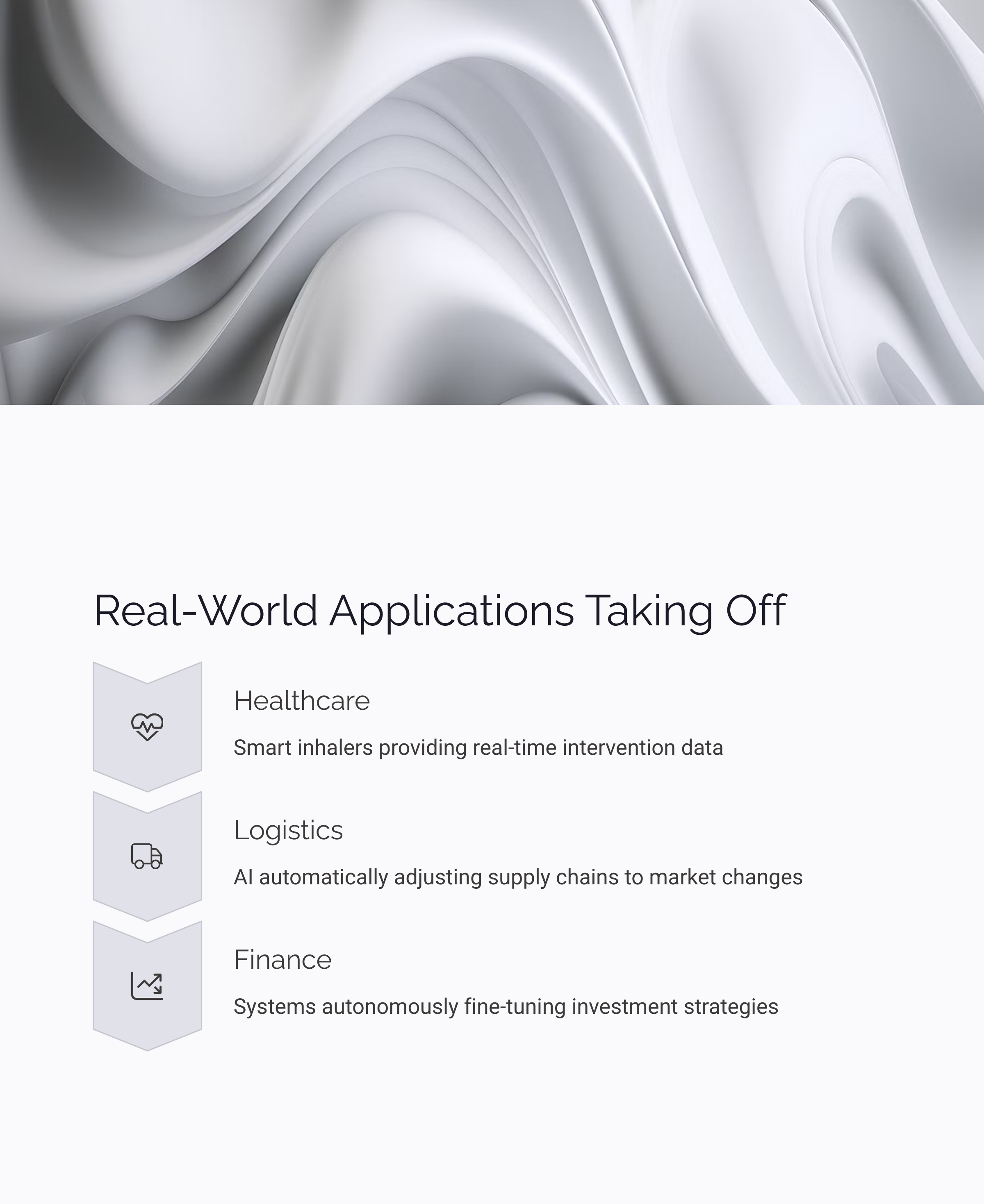
1. Healthcare Innovation: Imagine a smart inhaler that collects real-time patient data alongside environmental factors, like air quality.
This type of technology actively informs healthcare professionals when intervention is necessary, optimizing patient care and safety while providing a deeper understanding of health patterns.
2. Streamlined Logistics: Consider a logistics company that uses agentic AI to automate complex tasks such as supply reordering and adjusting delivery routes based on real-time data.
This kind of intelligent automation enhances operational efficiency and capacity to meet customer demands without requiring constant human oversight.
3. Smart Financial Management: In the financial sector, agentic AI can continuously analyze market trends to inform risk management.
This technology allows firms to autonomously adjust investment strategies in response to changing economic, social, and political landscapes, effectively protecting client investments and optimizing returns.
Key Takeaways
- Data as an Asset: Organizations must shift their mindset to view data as a product—something that generates insights and revenue.
- Empowering Decision-Making: Agentic AI enhances data analysis capabilities, enabling businesses to act quickly and intelligently in a competitive environment.
- Real-World Applications: From healthcare to logistics and finance, agentic AI demonstrates vast potential by automating processes and increasing operational efficiency.
In short, as we navigate the complexities of data management in 2025, embracing agentic AI enables companies to fully leverage the value of their data.
By treating data as a product and utilizing AI’s capabilities, businesses can unlock new opportunities, improve efficiencies, and drive growth in unprecedented ways.
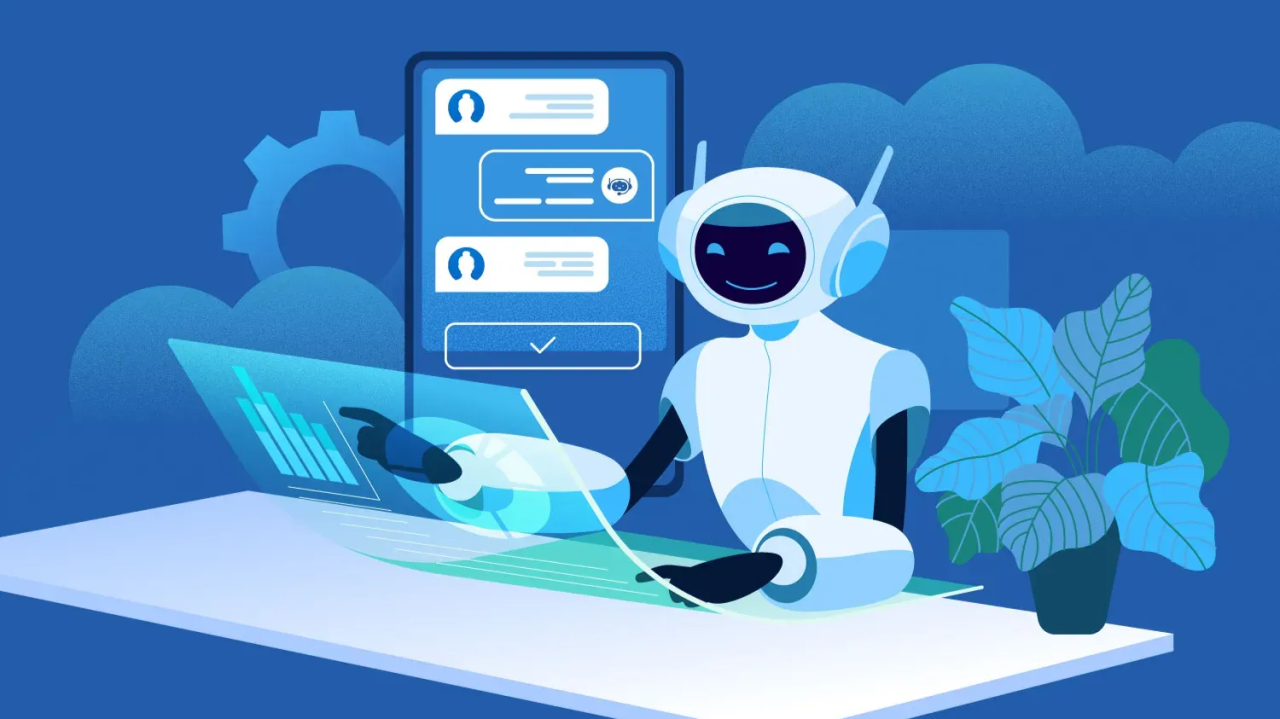
Step into a new era where agentic AI is not just a tool, but a catalyst for change in the workplace.
This exciting transformation is reshaping how decisions are made, productivity is driven, and organizations adapt to a fast-paced business landscape.
It’s about unlocking human potential and harnessing the power of intelligent systems to propel us forward.
1. Smart Decision-Making
Picture a workplace where decisions are swift, informed, and data-driven.
With agentic AI, organizations can process vast amounts of data in real time, uncovering actionable insights that empower leaders to make educated choices.
No longer will teams drown in information; AI highlights the most relevant data, enabling them to focus on strategy and innovation, crafting solutions that resonate.
2. Boosting Productivity
One of the standout benefits of agentic AI is its power to automate complex tasks that traditionally burden human resources.
Imagine your team freed from routine activities—like onboarding new employees, generating reports, or optimizing workflows.
With AI managing these tasks effortlessly, your organization can shift its focus to high-impact projects, driving overall efficiency and ensuring swift responses to customer needs and market dynamics.
3. Adaptive Flexibility
Flexibility is the key to thriving in today’s fast-moving business environment.
Agentic AI equips organizations to adapt seamlessly, whether by scaling resources during peak demands or adjusting processes on the fly in response to new data.
This creates a workforce that evolves in real time, implementing customized strategies that are as agile as the challenges they face.
4. Redefining the Essence of Work
Embracing agentic AI marks a departure from simply automating repetitive tasks; it’s about transforming the very essence of work itself.
By fostering smarter decision-making, enhancing productivity, and providing adaptive solutions, agentic AI is set to redefine our collaborative experiences.
As businesses welcome this revolution, they can streamline operations, enhance strategic insight, and catapult themselves toward unparalleled success.
Revolutionizing Business Operation with Agentic AI
In today’s rapidly evolving business landscape, agentic AI is not just an innovation; it’s a game changer.
This technology is redefining how organizations operate by automating decision-making and transforming processes across various industries.
Here’s How Agentic AI is Making Waves
- Healthcare: Imagine an AI system that schedules appointments and manages medication reminders automatically, allowing healthcare professionals to focus entirely on patient care. That’s agentic AI at work, enhancing efficiency and improving outcomes.
- Finance: Envision financial institutions leveraging agentic AI to analyze market trends and execute trades on autopilot. This minimizes risk and optimizes compliance, enabling firms to stay ahead in a fast-paced market.
- Logistics: Think about a logistics company using agentic AI to predict demand and streamline deliveries. With real-time adjustments to routes based on market fluctuations, timely deliveries and customer satisfaction soar.
- Translation and Localization: Picture a localization service using agentic AI to automate the translation process. By handling tasks like data integration, context analysis, and quality checks, AI significantly speeds up project timelines while maintaining high accuracy, empowering business expansion into new markets faster and more efficiently.
- Retail: Imagine an online store utilizing AI to analyze customer behavior and provide personalized product recommendations instantly. This not only boosts sales but also enhances the shopping experience for every customer.
Impact Through Real-World Successes
- Customer Experience Elevation: A major retailer adopted AI agents to manage customer inquiries autonomously, resulting in quicker resolutions and happier shoppers. The result? Increased loyalty and satisfaction.
- Effortless Onboarding: A large corporation streamlined its employee onboarding process using agentic AI, allowing new hires immediate access to essential systems. This ensures that employees can contribute from day one.
- Supply Chain Resilience: A logistics provider integrated agentic AI to monitor shipping conditions and dynamically adjust orders. This responsiveness led to improved reemplacements and enhanced customer trust.
Why You Should Embrace Agentic AI Now
With agentic AI, the future of business processes shines brighter than ever.
Companies leveraging this technology are not just automating tasks; they are unlocking unparalleled efficiency and innovation.
This is your opportunity to stay ahead in an increasingly competitive landscape.
Embrace agentic AI today to transform your operations, elevate customer experiences, and position your business for enduring success.
Whether in healthcare, finance, logistics, or localization, the time to lead the charge into the future is now.
Are you ready to seize the opportunity?

Addressing Challenges and Maximizing Opportunities in the Agentic AI Trend
As the agentic AI trend continues to gain momentum, organizations must navigate potential challenges while seizing the tremendous opportunities this technology offers.
Beyond implementation, it’s about transforming business operations for a smarter future.
Overcoming Integration Challenges
Integrating agentic AI into existing business processes comes with hurdles that can be effectively managed:
- Control and Alignment: It is vital to ensure that AI systems align with human intentions. Establishing clear boundaries and governance frameworks allows organizations to maintain oversight, ensuring that AI operates safely and effectively.
- Regulatory Uncertainty: Increased autonomy in AI will attract scrutiny from regulators. Companies should proactively develop compliance strategies to address this evolving landscape, while also considering ethical aspects such as bias and misinformation.
- Technical Constraints: The resources needed for deploying autonomous AI can be significant. Investing in scalable infrastructure is essential for organizations aiming to capitalize on the agentic AI trend.
- Employee Adaptation: Workers will need guidance as they transition to AI-driven workflows. Implementing comprehensive change management strategies helps teams embrace these innovations, enabling seamless collaboration between humans and AI.
Unlocking Opportunities for Growth
Despite the challenges, the agentic AI trend presents significant opportunities for businesses:
- New Business Models: Companies can create innovative services powered by agentic AI, enhancing customer engagement through personalized experiences and AI-driven support systems. These advancements can set brands apart in competitive marketplaces.
- Increased Efficiency: Agentic AI streamlines operations by automating repetitive tasks, freeing employees to focus on higher-value initiatives. This leads to substantial cost savings and improves overall productivity.
- Data-Driven Decisions: With real-time insights from AI agents, organizations can make faster and more accurate decisions. This agility fosters a competitive edge, allowing businesses to respond effectively to market demands.
- Enhanced Collaboration: Future advancements in AI can promote closer partnerships between AI agents and human teams, sparking creativity and driving innovation. This collaboration can transform traditional workflows and lead to groundbreaking ideas.
Embrace the Agentic AI Trend
The agentic AI trend is not merely a technology shift; it represents a fundamental change in how businesses operate.
Companies that effectively address integration challenges and capitalize on the opportunities presented by agentic AI will not only enhance their efficiency but also lead the charge in the evolving digital economy.
Now is the time to embrace the agentic AI trend.
Brace yourself to tackle the challenges and unlock the potential for growth and innovation that lie ahead!
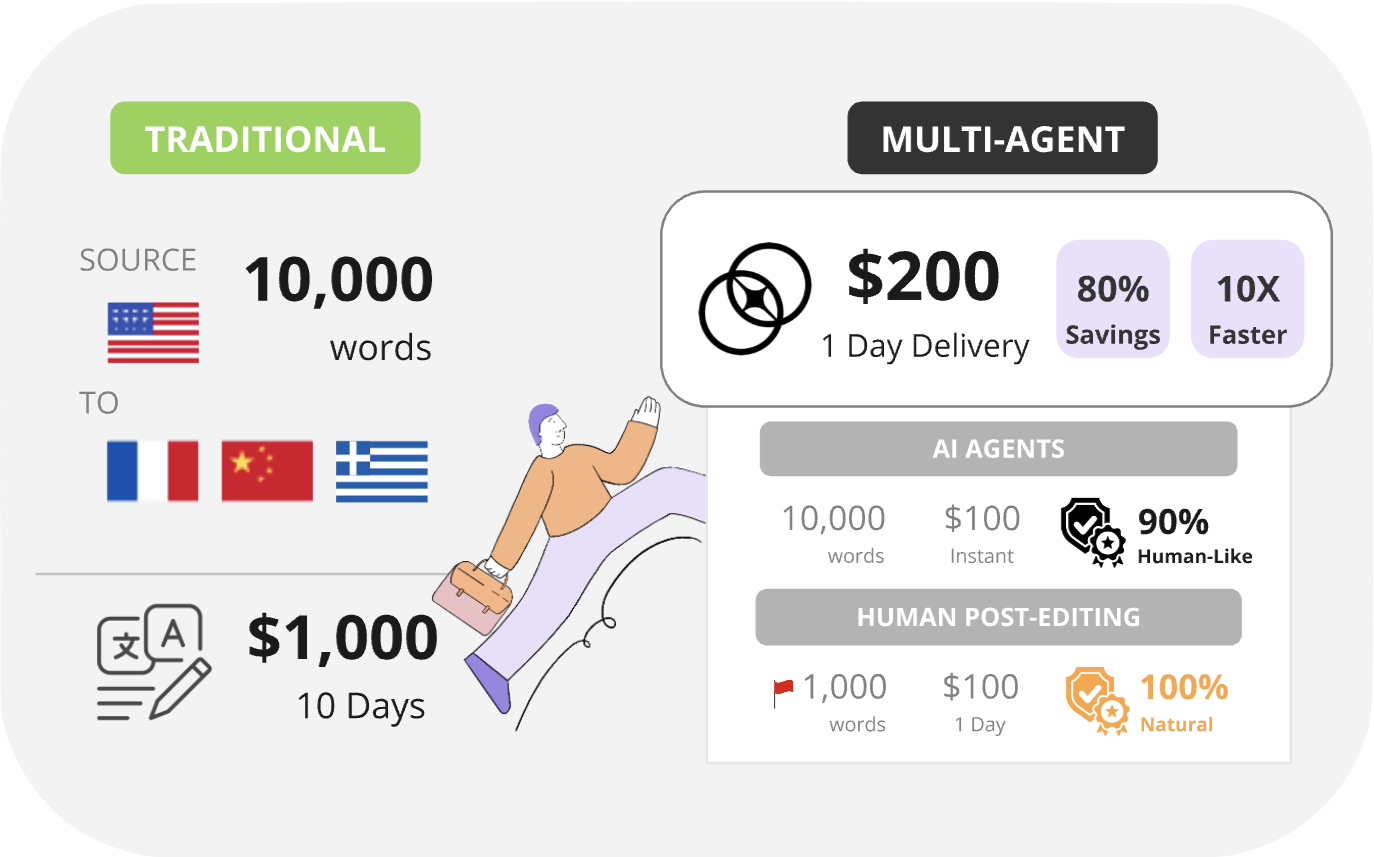
OneSky’s Leadership in Agentic AI
In the dynamic landscape of agentic AI, OneSky shines as a leader, driving innovation and efficiency.
Our OneSky Localization Agent (OLA) is a cutting-edge solution that empowers organizations to fully embrace the agentic AI trend, revolutionizing their localization processes and unlocking exciting new opportunities in global markets.
Introducing OneSky Localization Agent (OLA)
At the heart of OLA’s power is its integration of advanced technologies like natural language processing (NLP) and machine learning (ML).
These tools redefine how organizations manage localization workflows.
OLA automates essential tasks such as data integration, contextual analysis, and quality assurance, ensuring that translations not only convey accurate information but also capture intended meaning and tone.
For instance, NLP enables OLA to navigate complex language structures, a critical function for marketing materials and legal documents where nuanced language is vital.
Meanwhile, ML algorithms enhance OLA’s capabilities by learning from historical data to continually improve translation accuracy.
As OLA handles more projects, it becomes adept at recognizing terminology patterns and regional preferences, significantly boosting quality and relevance.
Key Features and Benefits
1. Seamless Integration: OLA effortlessly fits into existing systems through APIs that connect to your content management platforms and cloud infrastructures.
This means organizations can adopt agentic AI without the need for major operational overhauls, ensuring workflow continuity.
2. Role-Specific Coordination: OLA enhances collaboration among diverse teams—translators, localization managers, and content creators.
By providing a centralized platform for accessing real-time information and resources, OLA streamlines communication and prioritizes tasks based on urgency, enabling critical initiatives to move forward smoothly.
3. Continuous Localization: With real-time analytics, OLA can adjust translations and tailor content according to current trends and customer feedback.
This continuous localization feature ensures that businesses can engage their audience effectively and remain relevant in an ever-changing marketplace.
Strategic Advantage
By implementing OLA, organizations gain significant strategic advantages that extend far beyond efficiency improvements.
The capability to localize content quickly and accurately—supported by real-time insights—enables businesses to adapt their strategies to meet customer needs with agility.
Leveraging OLA gives companies access to a treasure trove of performance metrics and analytics, revealing how localized content resonates across diverse markets.
This data-driven approach empowers organizations to refine their marketing strategies and product offerings, fostering increased customer loyalty and expanding market share.
For example, if analytics indicate that a specific product connects better with a particular demographic in a region, OLA allows for quick adjustments, ensuring marketing campaigns are always relevant and impactful.
Final Thoughts
The potential of agentic AI is vast, and OneSky is here to facilitate its integration into your operations.
By implementing OLA, businesses can unlock powerful efficiencies, elevate their operational capabilities, and position themselves as frontrunners in an increasingly competitive landscape.
Now is the time for businesses to embrace the agentic AI trend.
Discover how OneSky can elevate your localization strategy and drive innovation, enabling you to enter new markets confidently and effectively.
Together, let’s redefine what’s possible regarding localized content.
Additional Resources
To dive deeper into the revolutionary capabilities of agentic AI and see how OneSky can bolster your localization efforts, we invite you to explore our OneSky demo or reach out to us for personalized insights (contact us).
Embark on this exciting journey with us, and unlock the full potential of agentic AI in your organization!

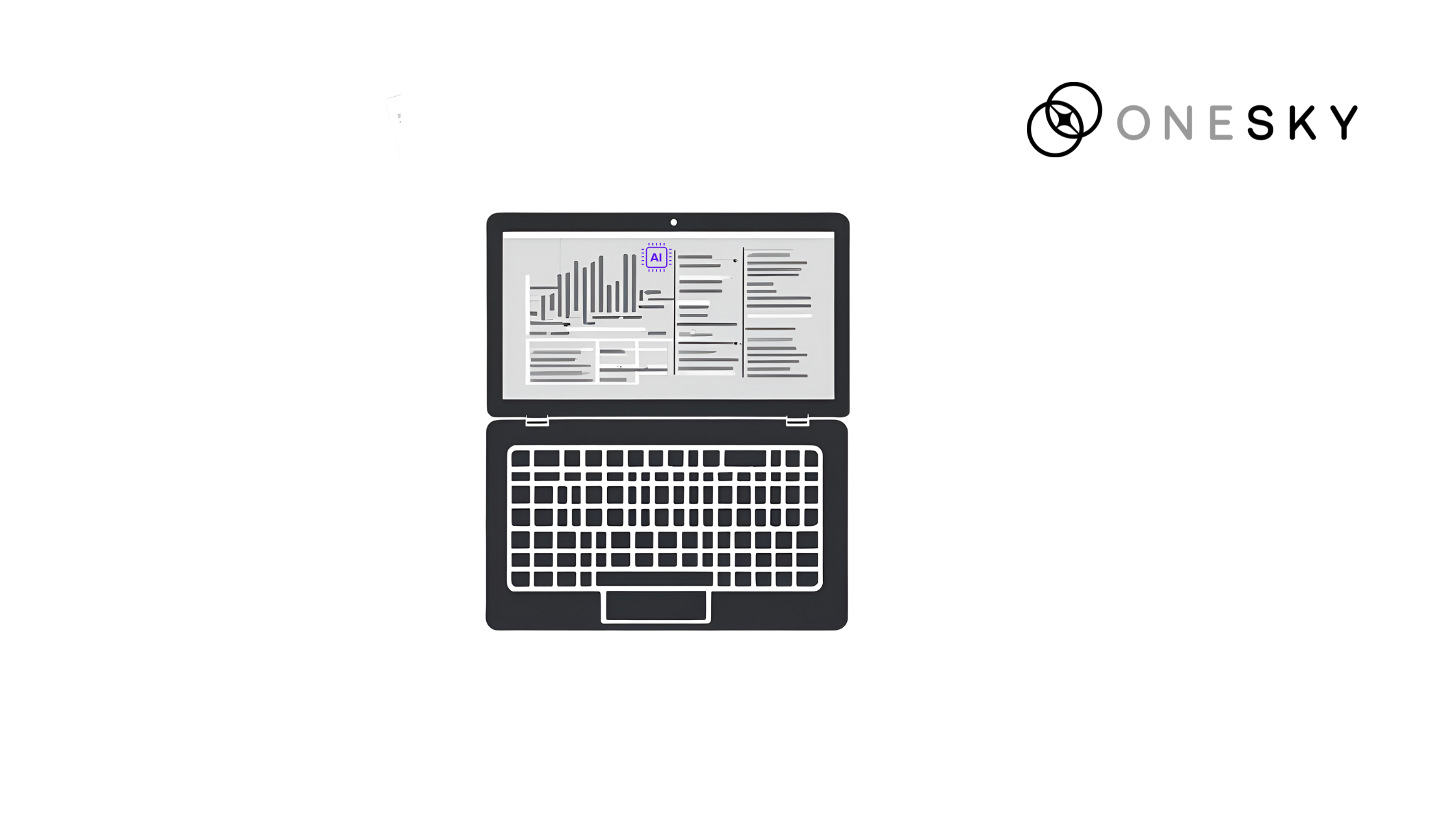
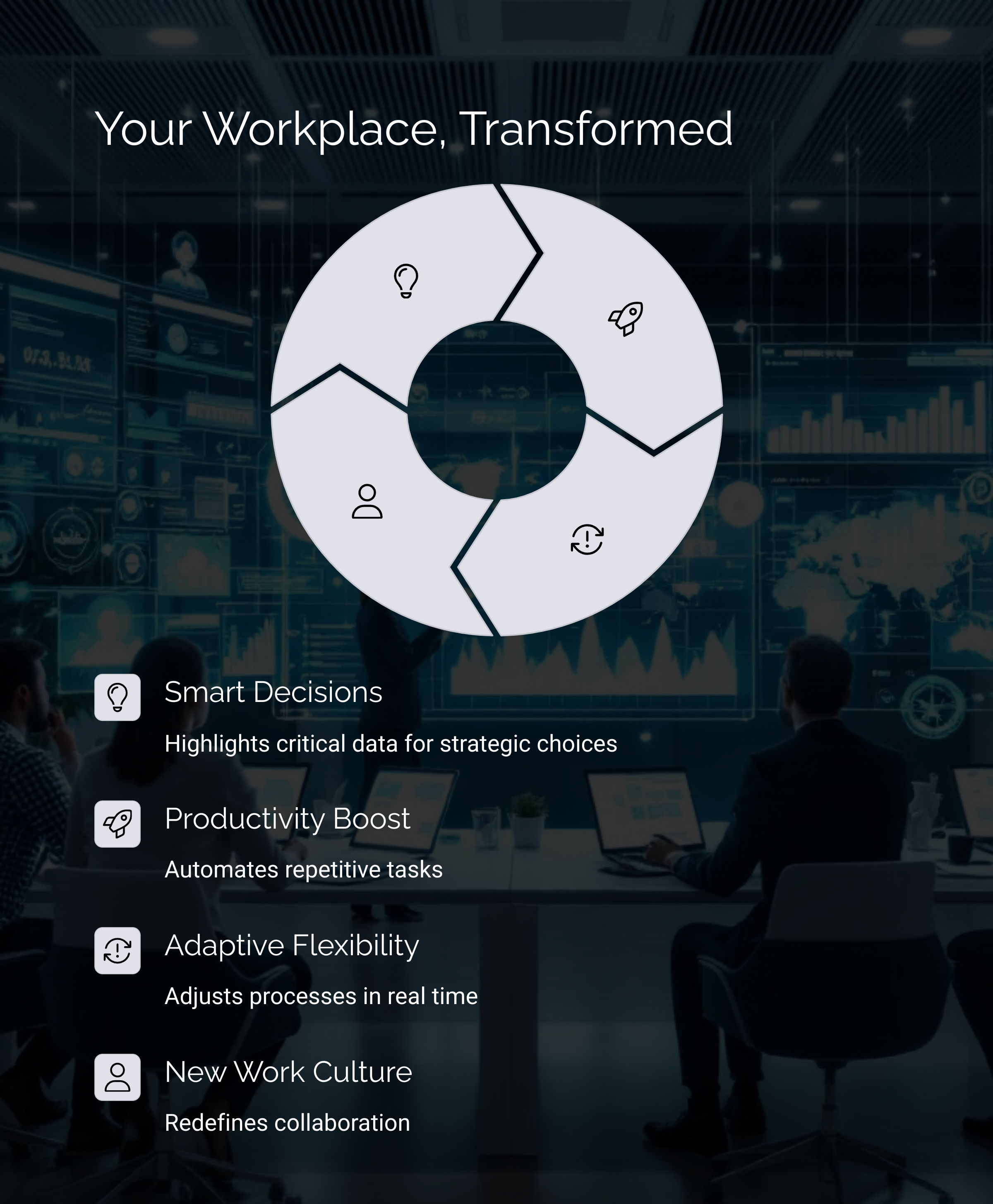
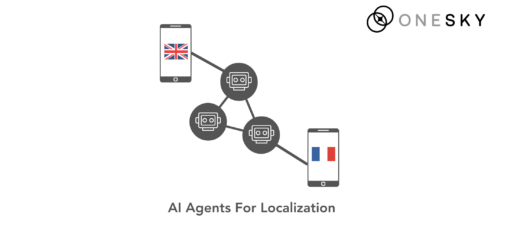

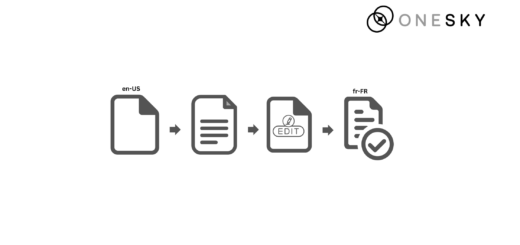



 Written by
Written by 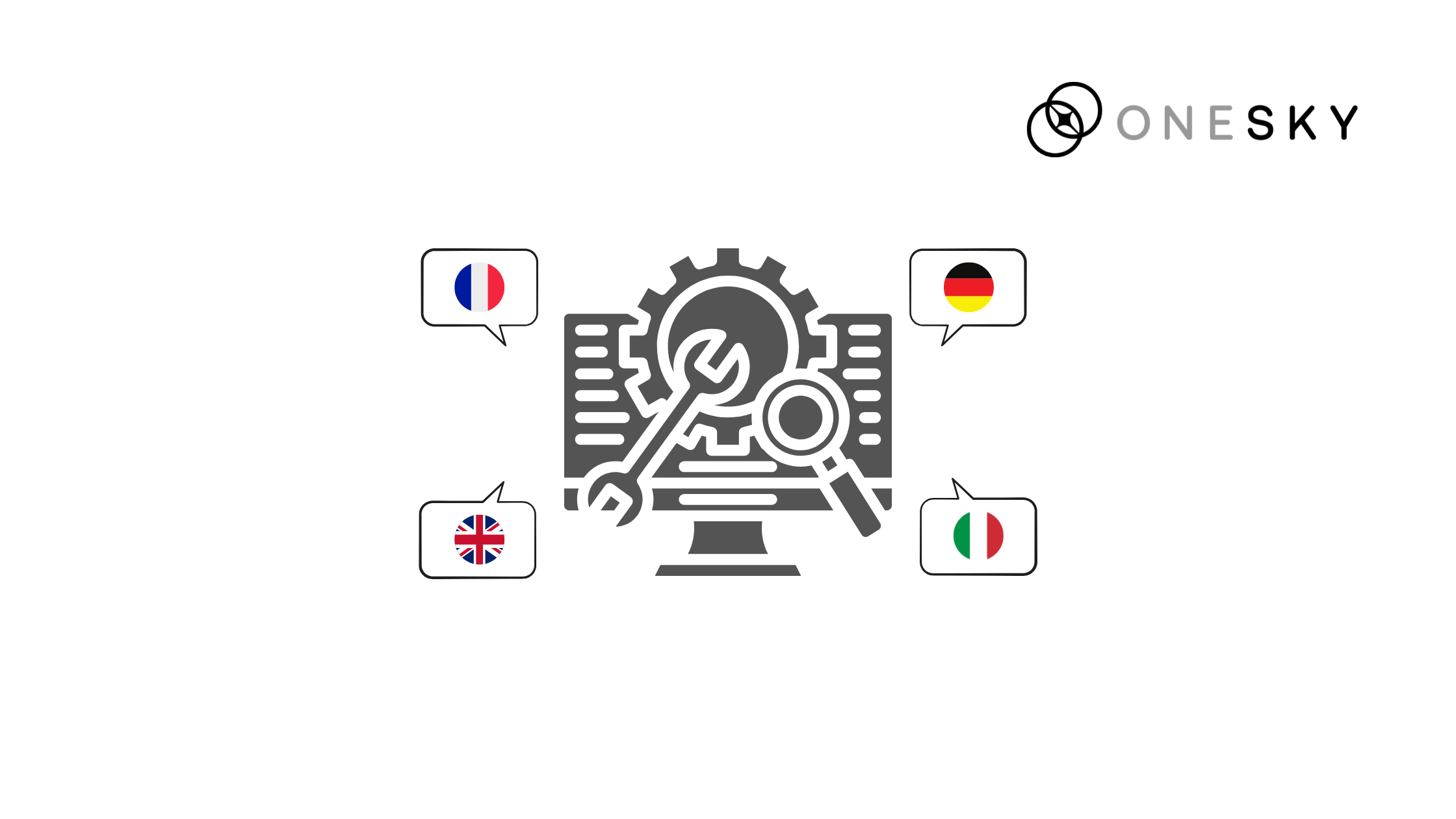
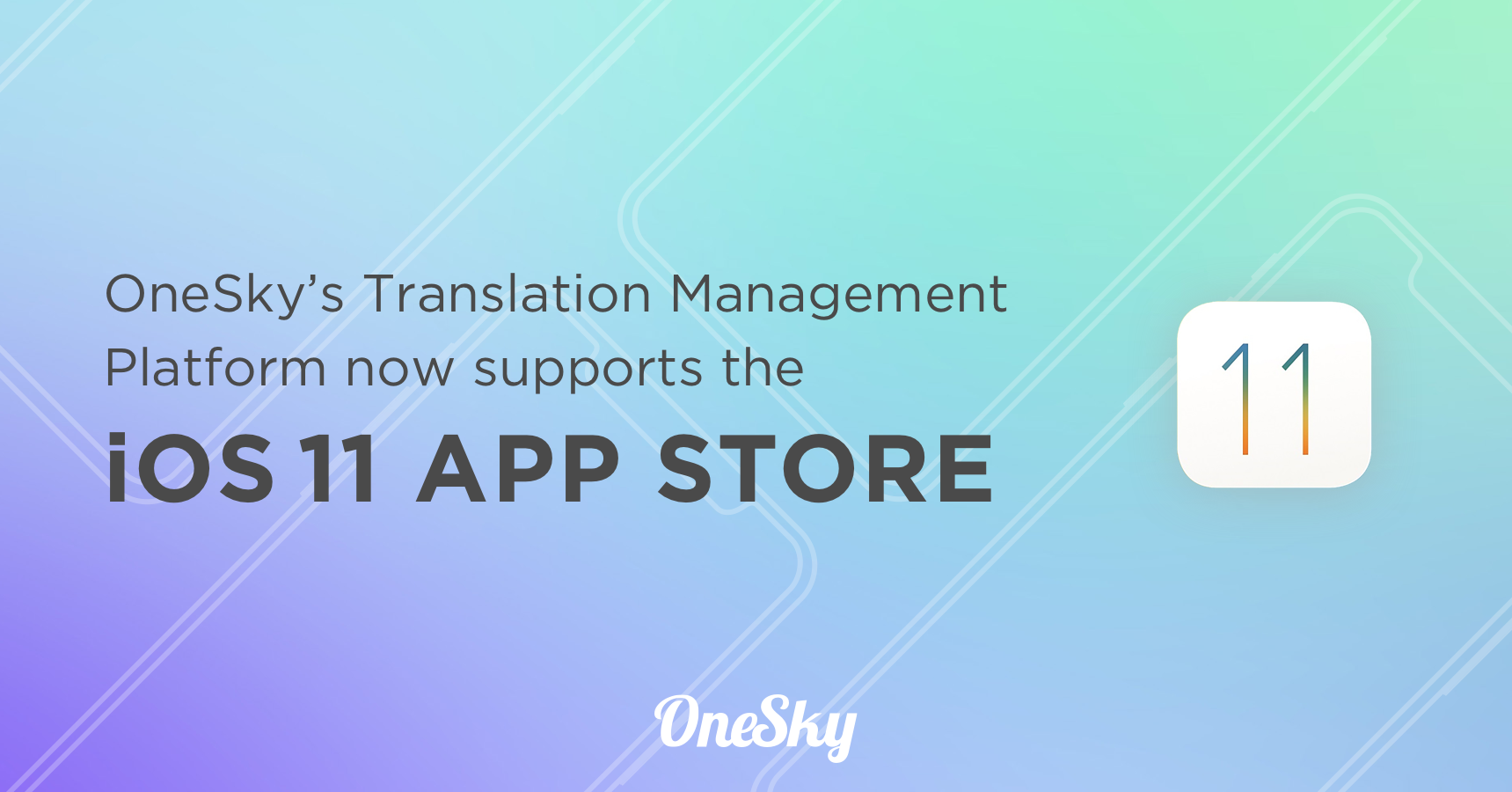
 Written by
Written by 

